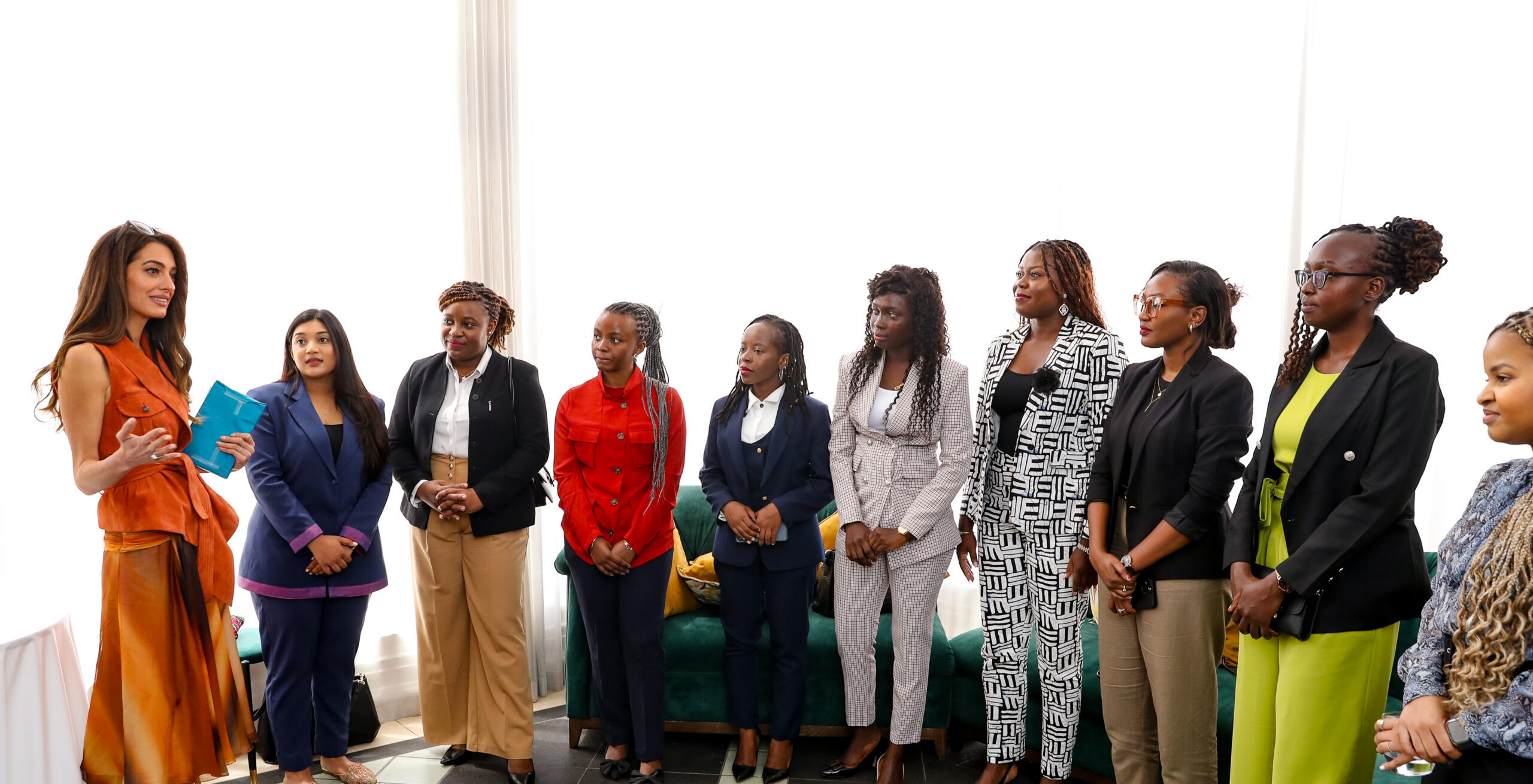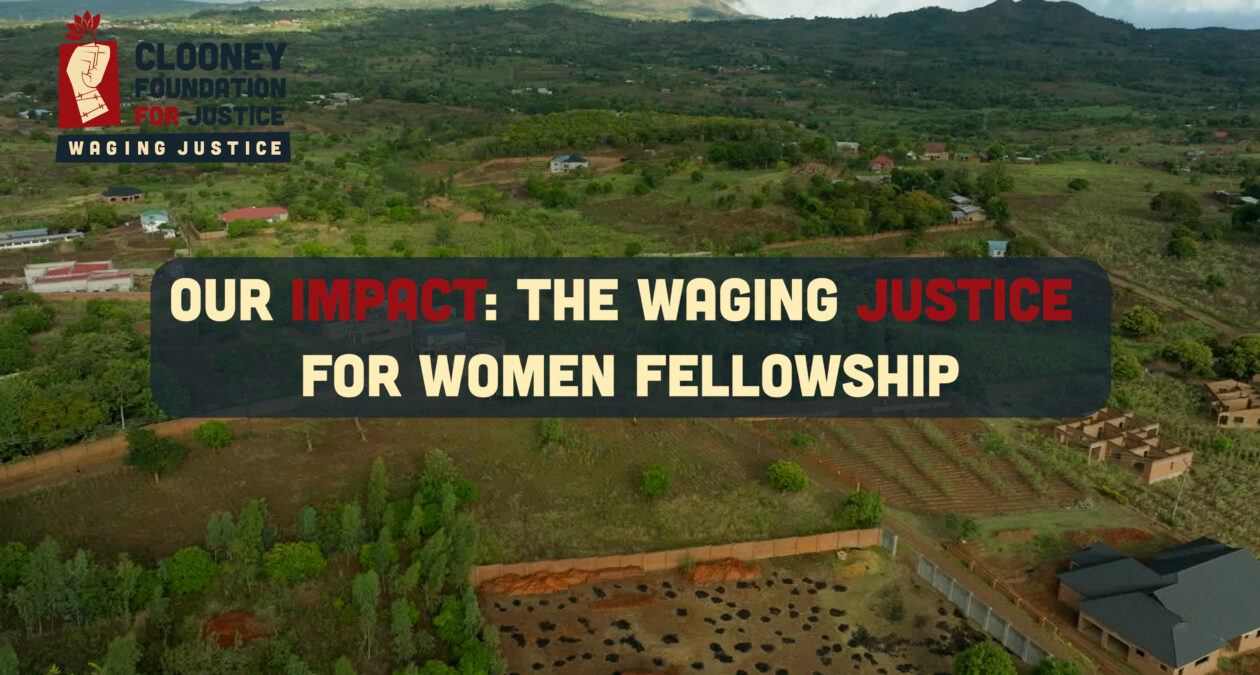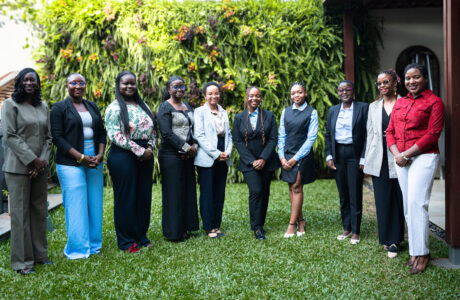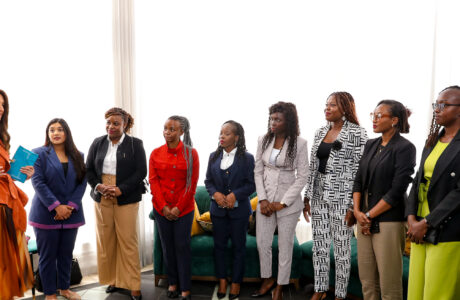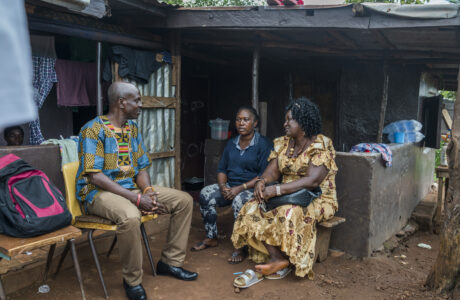Around the world, women and girls face injustice and violence simply because they are women.
The justice system is supposed to protect women, but all too often, courts perpetuate discrimination or remain beyond the reach of those in need.
The Clooney Foundation for Justice’s Waging Justice for Women Fellowship provides annual mentoring and training to early-career African women lawyers in order to cultivate the next generation of justice champions for women and girls in their communities.
Did you know
The WJW Fellowship Program is now accepting applications for its third year. Join a growing network of legal advocates working to advance gender justice across Africa.
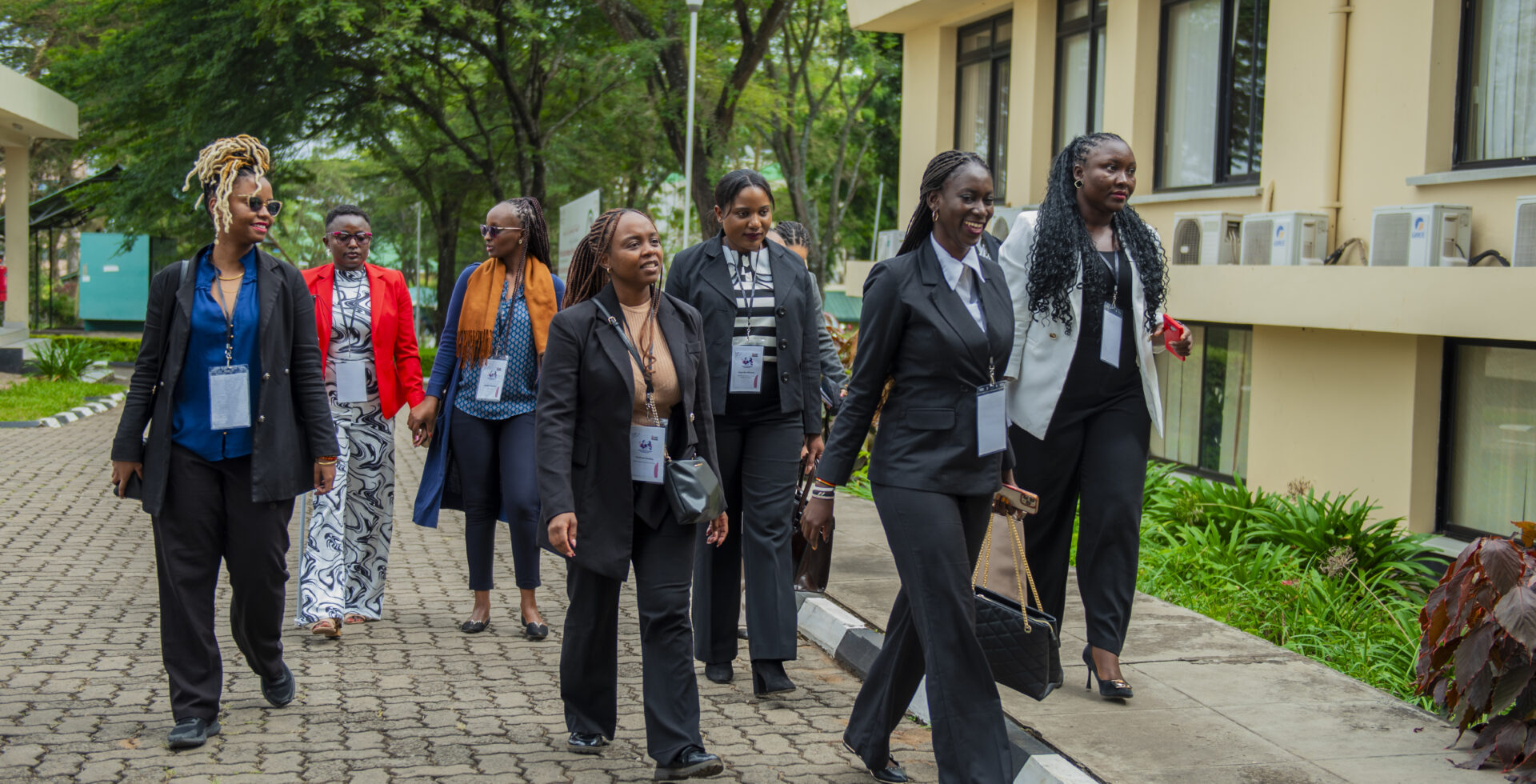
How It Works
The WJW Fellowship offers early-career women lawyers a yearlong, fully funded immersive work experience at one of the leading human rights organizations in Africa. The Fellowship equips fellows with the tools they need to challenge and combat human rights violations, especially those affecting women and girls, through mentoring, training and access to some of Africa’s leading human rights experts, lawyers, judges, activists and academics.
Administered annually in partnership with the Legal Empowerment Fund at the Fund for Global Human Rights, the Fellowship provides host organizations with a fully funded lawyer for a year, helping to expand their capacity to deliver access to justice for women and girls. Upon completion of their fellowship, fellows join a growing network of feminist alumnae, which facilitates ongoing support, knowledge sharing and professional growth.
Our Impact
The WJW Fellowship has already delivered significant results, with the inaugural cohort (2023-2024) helping over a thousand women and girls advance their rights:
230
+
cases related to women's rights
1,000
+
women and girls supported through legal clinics and community outreach
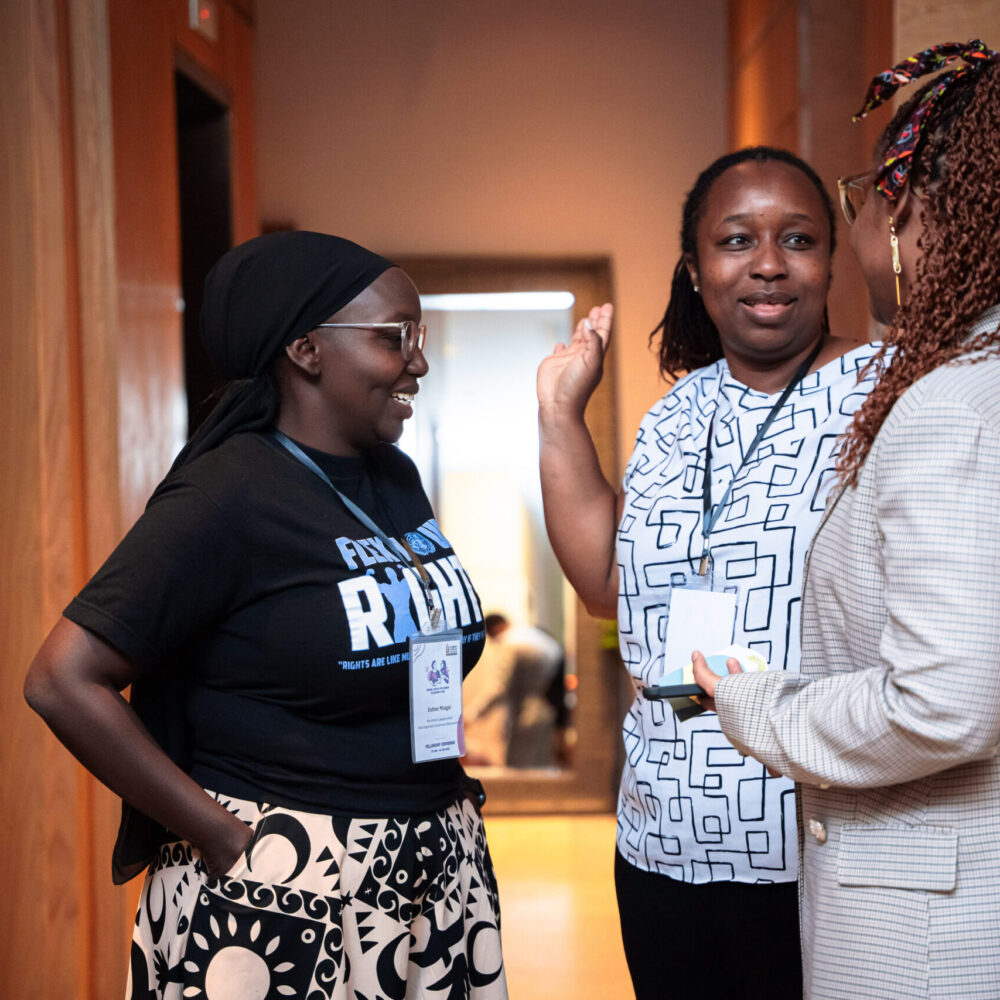
The ten host organizations partnering with CFJ on the Fellowship Program are:
- AdvocAid, Sierra Leone
- Association of Female Lawyers of Liberia (AFELL), Liberia
- Centre for Human Rights Education Advice and Assistance (CHREAA), Malawi
- Centre for Human Rights, University of Pretoria, South Africa
- Female Lawyers Association, The Gambia (FLAG), The Gambia
- Initiative for Strategic Litigation in Africa (ISLA), South Africa
- Institute for Human Rights and Development in Africa (IHRDA), The Gambia
- Katiba Institute, Kenya
- Pan African Lawyers Union (PALU), Tanzania
- Women Lawyers Association (WLA), Malawi
